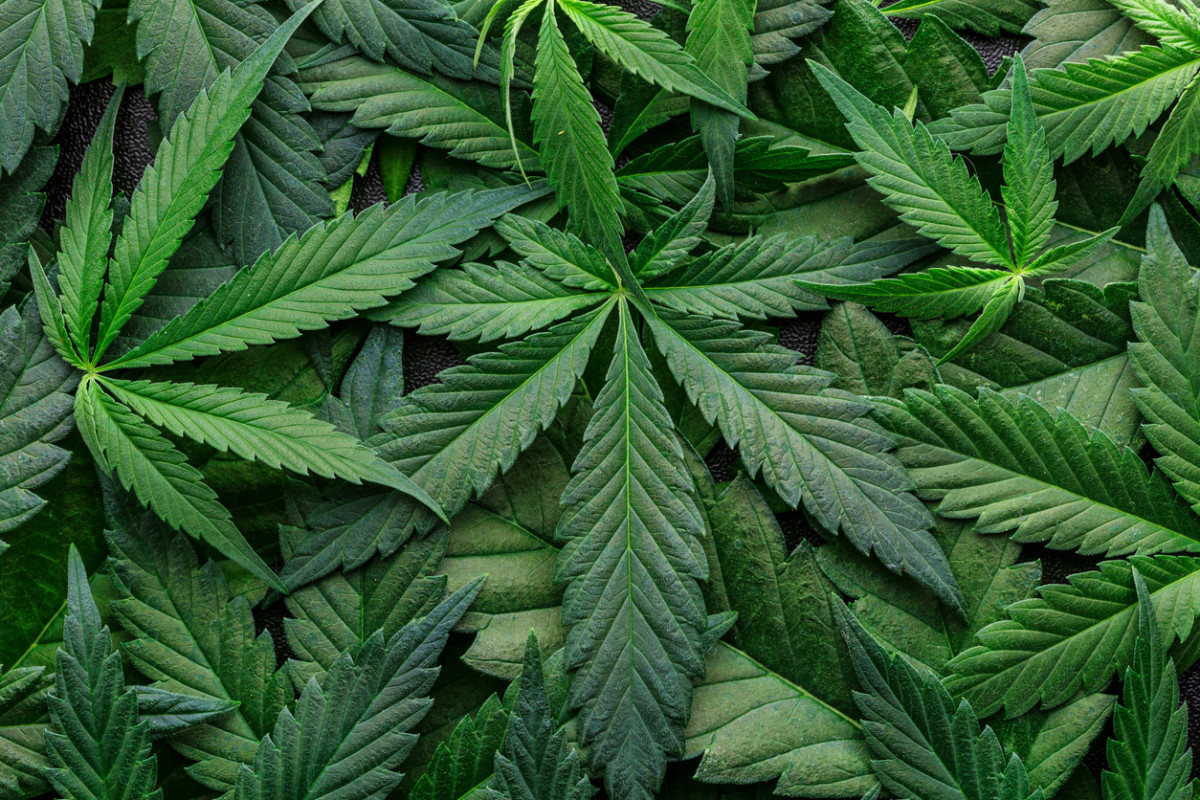
This is Reason behind is they are in the cannabis business and cannabis entrepreneurs are barred from traditional sources of capital, including government capital, Likewise SBA loans, Reason behind is, under federal law, marijuana is still unlawful.
Statewide, marijuana use is now permitted in few conditions, as well as , and medical weeds is legal in few states. But Reason behind is federal law still Differentiates marijuana as a Schedule 1 controlled Component (along with heroin), companies that Generate lawfully under state laws countenance additional challenges in beginning and maintaining businesses weed shop Sukhumvit
Certain demographic groups of people face even more difficulties when trying to get into the legal cannabis business.

Cannabis companies face other hurdles that are different from those facing non-cannabis entrepreneurs:
Dealing with a Schedule 1 drug means that cannabis entrepreneurs cannot record their staff salaries, marketing or other normal office expenses when it comes time to pay taxes. And, as any small business owner can tell you, being able to amortize expenses is key to reinvesting in their operations and keeping the business going.
Due to the state of the federal cannabis law, most of the marijuana industry is a cash-only business with no access to traditional sources of capital. James’ business, for example, has a deposit account, which isn’t the same as a traditional bank account. He can’t apply for a line of credit from the bank or get a loan: all he can do is deposit his cash and write checks.
Finally, that same lack of access to banks and traditional capital (like a bank loan and credit), which is a barrier for entire weeds entrepreneurs, has a disparate effects on Black women-owned and minority-owned companies , groups historically with less access to exapital.
While arrests for possession and sale of marijuana have long been harsher for black and Latino Americans, now, as permitted marijuana companies are profitable in some conditions, these parties are being differentiated against. Less than 2% of weeds business proprietors or administrators are black.
For juvenility and women, who wane behind white male bussiness to capital is a a significant characteristic due to their underrepresentation in the cannabis industry.






